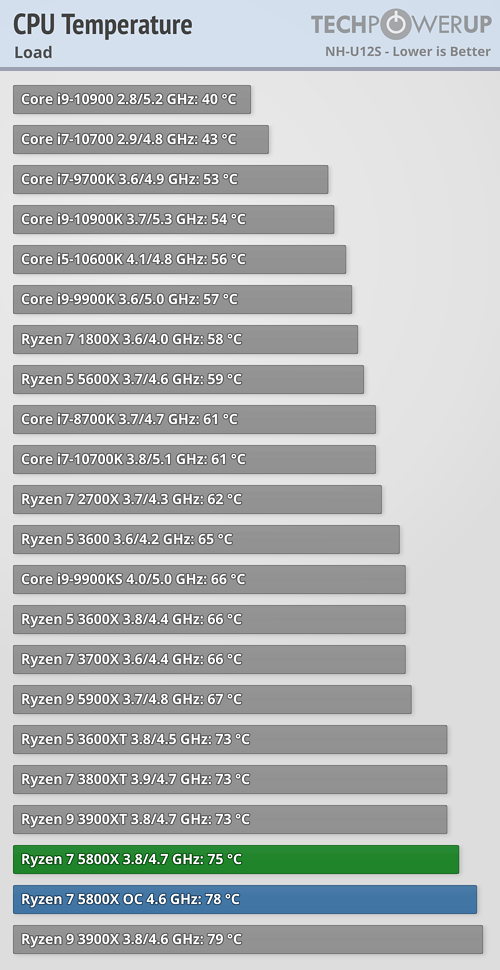- Joined
- Jun 10, 2014
- Messages
- 3,097 (0.78/day)
| Processor | AMD Ryzen 9 5900X ||| Intel Core i7-3930K |
|---|---|
| Motherboard | ASUS ProArt B550-CREATOR ||| Asus P9X79 WS |
| Cooling | Noctua NH-U14S ||| Be Quiet Pure Rock |
| Memory | Crucial 2 x 16 GB 3200 MHz ||| Corsair 8 x 8 GB 1333 MHz |
| Video Card(s) | MSI GTX 1060 3GB ||| MSI GTX 680 4GB |
| Storage | Samsung 970 PRO 512 GB + 1 TB ||| Intel 545s 512 GB + 256 GB |
| Display(s) | Asus ROG Swift PG278QR 27" ||| Eizo EV2416W 24" |
| Case | Fractal Design Define 7 XL x 2 |
| Audio Device(s) | Cambridge Audio DacMagic Plus |
| Power Supply | Seasonic Focus PX-850 x 2 |
| Mouse | Razer Abyssus |
| Keyboard | CM Storm QuickFire XT |
| Software | Ubuntu |
A reference comparison should put each contender in the best possible light, while remaining within specs.The reason for the low RAM speed vs other reviewers is consistency so it can be compared to previous systems - wizz may need to go to some extra effort for high speed DDR4 testing on ryzen, as well as timing testing that he mentioned doing somewhere.
That would mean stock memory speed (3200 MHz for Zen2/3, 2933 MHz for Comet Lake, preferably with JEDEC timings too), power limits enabled, etc.
Whether Ryzen supports 3200 MHz and others support something less is irrelevant. How would you otherwise compare between architectures supporting different types of memory, like e.g. Haswell(DDR3 1600 MHz) or upcoming DDR5 based CPUs?
Any faster memory than the official spec is overclocking, and it's not a problem to include both stock and overclocked results, as long as they are clearly marked as so.
But overclocking raises another concern, how far do you push it when OC is varying between each sample? Also there is also no telling how long you can sustain an OC over time, if you're buying based on that expectation.
Last edited:









